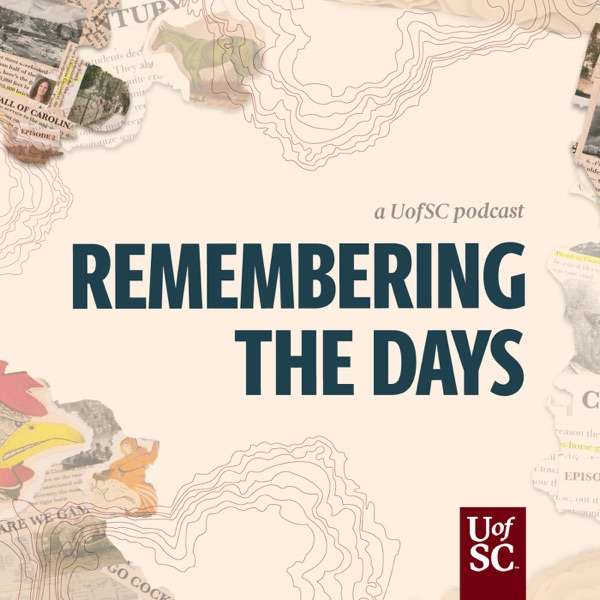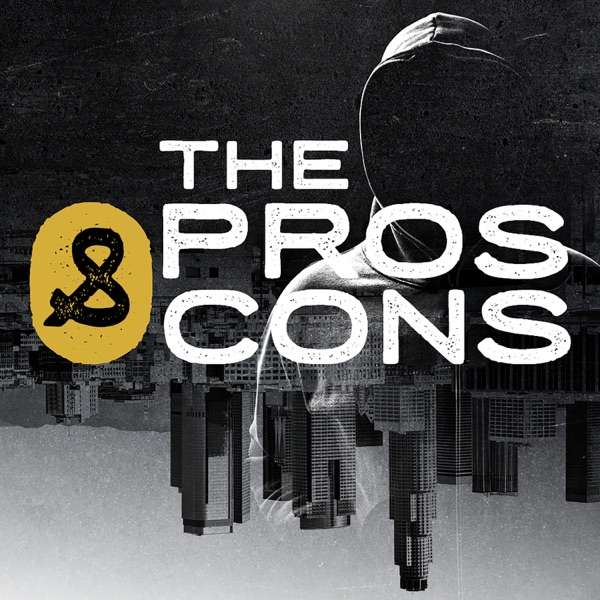Michael Kazin is a historian of American labor and social movements, and co-editor of Dissent magazine. As a student at Harvard in the late 1960s, he was a leader within Students for a Democratic Society (SDS) and played a part in its short-lived militant faction, the Weatherman. In this conversation, Kazin reflects on his path “from revolutionary to professor,” explaining how his early experiences in the New Left inform his analysis of the massive political shifts over the decades that followed. In explaining the recent popularity of left figures and organizations, from Bernie Sanders to the DSA, Kazin sees liberal failure as a significant part of the equation:
“When liberals are in power, it actually helps the left, because they make promises they don’t keep. The left grew in the 60s under liberal presidents, the left grew in the 30s under Franklin Roosevelt, the left grew under Woodrow Wilson before then, and the left grew under Abraham Lincoln, who was in effect a progressive though no one used that term at the time.
And so people, especially young people say ‘I thought Obama was gonna do all this great stuff— he talked about a movement, he was gonna stop climate change, he was gonna get everybody better wages, he was gonna help unions organize.’ And the financial crisis made it seem as though, maybe capitalism’s not so great after all. Maybe this globalized economy, what some people call neoliberalism, made promises it couldn’t keep.
So under Obama, we have Black Lives Matter, we have Occupy . . . and people are open to hearing the kinds of things that Sanders has been saying for 50 years.”

 Our TOPPODCAST Picks
Our TOPPODCAST Picks  Stay Connected
Stay Connected







